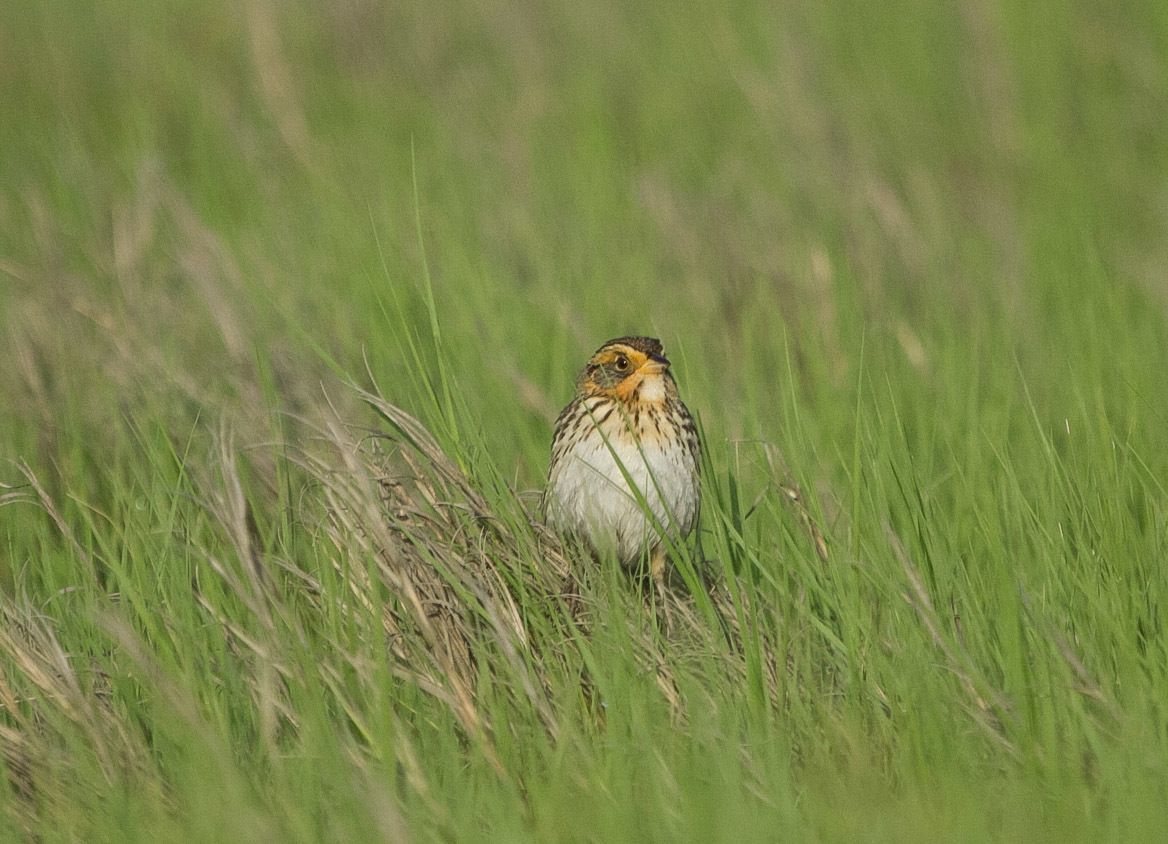
Peter Paton
Published December 9, 2020
We Can Change the Future – We’ve Done It Before
Audubon's New Strategic Plan
By Meg Kerr, Audubon Senior Director of Policy
The new strategic plan adopted by Audubon’s board in June sets an optimistic tone for the daunting work ahead of us. The preamble to the plan talks about how, over our 123-year history, Audubon has bravely risen to face environmental challenges. Halting the destruction of birds for feathered hats and the clean-up of filthy waters and smog-filled air have been accomplished because of the passion and hard work of dedicated environmentalists - here in Rhode Island and throughout the country.
Today the reality of climate change can seem overwhelming as we watch fires burning in the west and rising seas lapping at Audubon’s marshes and at coastal homes throughout the state. The pandemic adds layers of stress as we are forced to work remotely, Audubon’s programs go virtual and our legislative process grinds to a halt - the 2020 legislature has not adjourned but they haven’t acted on environmental bills or passed a state budget.
But Audubon’s strategic plan encourages us to view the world with an optimistic lens and to stay focused and driven towards the goals outlined.
When we think about Audubon’s legislative priorities in 2021, it was exciting to see progressive candidates win in the September primaries. At least three of the winners (Brianna Henries in House district 64, Cynthia Mendes in Senate district 18, and Jonathon Acosta in Senate district 16) face no opponents in the general election. These wins - even without the results of the general election - will give the legislature a progressive boost. The Rhode Island primary garnered national attention and showed how organizing by the Working Families Party, the Rhode Island Political Cooperative and the Sunrise movement are making a difference and should change the conversation at the State House. Leaders have stepped forward who share many of Audubon’s priorities like addressing climate change and empowering diversity.
I am also encouraged by the ways the pandemic has allowed people to participate in training and learning activities provided by Audubon and our partners. People can learn about nature and environmental issues from the comfort and safety of their homes. Trainings offered by the Providence Stormwater Innovation Center have regularly attracted 100 attendees, people from throughout the state and region. It’s likely that many of these people would not have had the time or opportunity to travel to in-person workshops. It is easy to imagine that people unable to travel due to financial or health limitations are taking advantage of the many learning opportunities that the pandemic has moved on-line.
Finally, we have all probably read about how in San Francisco, White-crowned Sparrow’s songs changed during the City’s pandemic lockdown. The quality of their songs became more melodic while the volume was reduced. According to BBC coverage, the scientist publishing the research, Dr. Elizabeth Derryberry, said, “birds did sound different during the shutdown and they filled the soundscape that we basically abandoned.” The research is hopeful, showing how quickly nature can adapt and recover from pollution.
As I work remotely from my home in North Kingstown, I wake up each morning with hope and gratitude. As Audubon has for over 123 years, I meet the challenges ahead with hard work mixed with optimism and buoyed by your support.

















